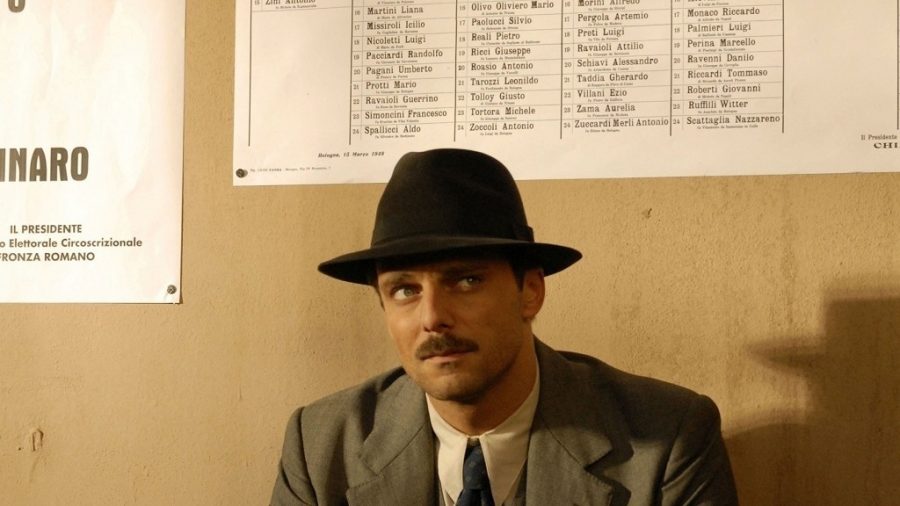Available on DVD now
Arrow Films / Italy / 2008 / 4 episodes – 110 mins
Benito Mussolini said “democracy is beautiful in theory; in practice it is fallacy”. It is now the Holy Grail of the Western world, a concept we’ll invade countries to defend. However, it was less than a century ago that power-hungry leaders – like Mussolini and Hitler – dictated their countries and sold fascism as the way forward. Italian crime series, Inspector De Luca, first aired in Italy in 2008 and more recently in the UK on BBC Four, explores justice during the early part of the twentieth century.
The mini-series is set in Bologna, during Mussolini’s time in power, and follows the uncompromising eponymous character as he solves cases under the Government’s repressive politics. Throughout the four episodes, De Luca (Alessandro Preziosi) is uncompromising in his quest for justice, disregarding the social and political barriers that threaten his investigations.
Each episode is feature length, but would benefit from being a portion shorter. Although the plots are not particularly sophisticated, it’s the political context that makes this interesting. Unlike contemporary crime dramas, such as The Killing or The Bridge, the technology that we have come to rely on so readily does not exist. There’s a hint of Poirot about his character: De Luca pursues his suspects on instinct, intuition and good old fashioned police work. But despite the Inspector’s loose links with The Party and his determination to find true resolve, he still plays the game; if he doesn’t, he won’t survive. And so, inevitably, the truth is suppressed and lines between right and wrong are blurred. While the hints of both a good political drama and a strong crime series is there, Inspector De Luca falls somewhere short of either. It does, however, exemplify what it is to live in fear of an ideological threat. Democracy may be fallible, it may not even be truly achievable, but it offers hope, and with that, comes freedom.


Comments